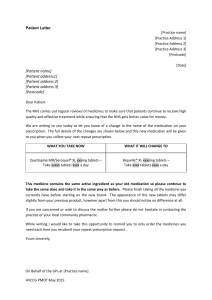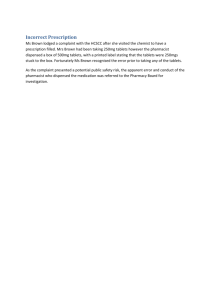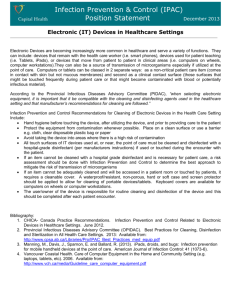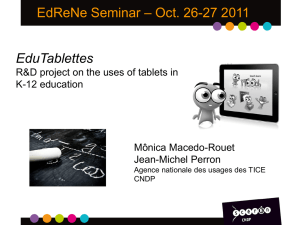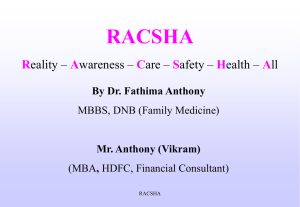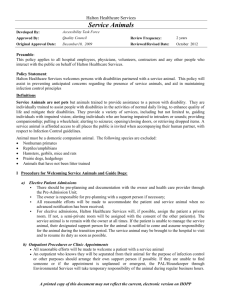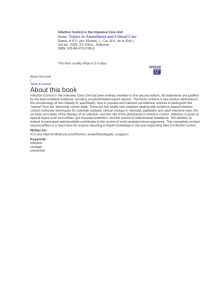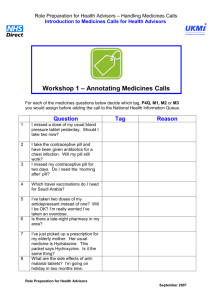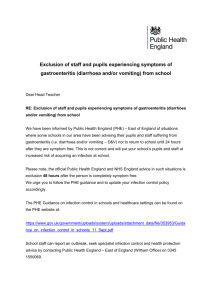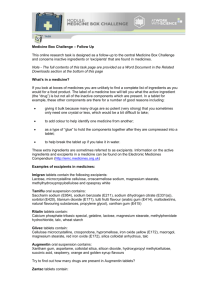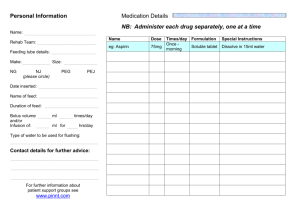Sick Day Rules AKI Patients
advertisement
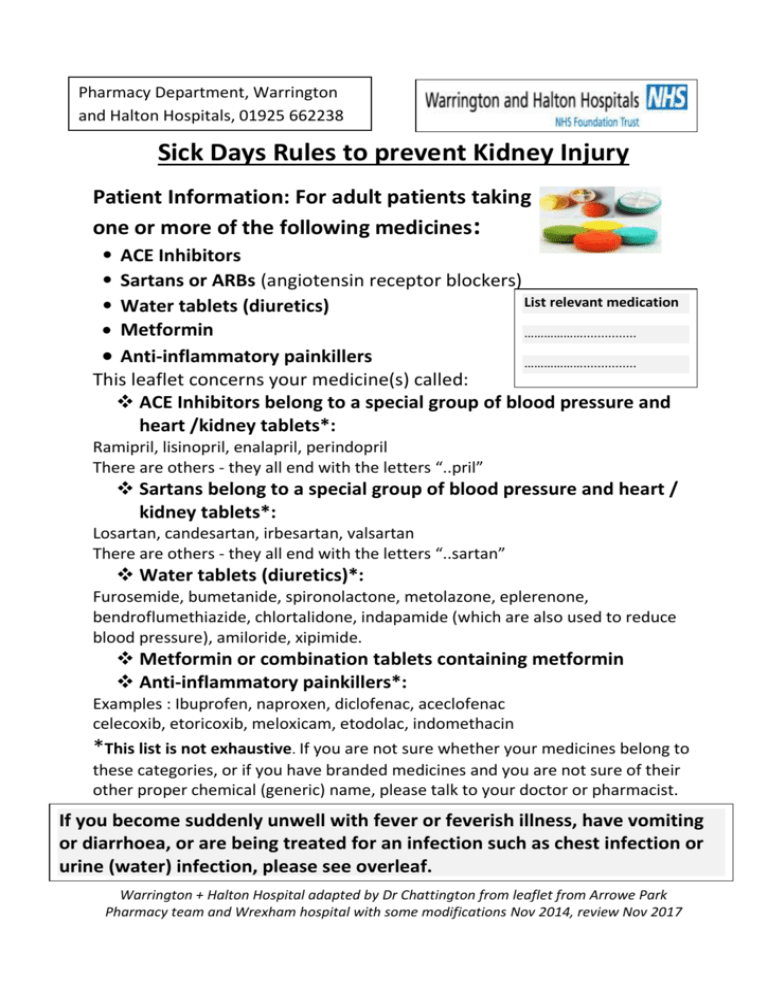
Pharmacy Department, Warrington and Halton Hospitals, 01925 662238 Sick Days Rules to prevent Kidney Injury Patient Information: For adult patients taking one or more of the following medicines: • ACE Inhibitors • Sartans or ARBs (angiotensin receptor blockers) List relevant medication • Water tablets (diuretics) Metformin ………………............... Anti-inflammatory painkillers ………………............... This leaflet concerns your medicine(s) called: ACE Inhibitors belong to a special group of blood pressure and heart /kidney tablets*: Ramipril, lisinopril, enalapril, perindopril There are others - they all end with the letters “..pril” Sartans belong to a special group of blood pressure and heart / kidney tablets*: Losartan, candesartan, irbesartan, valsartan There are others - they all end with the letters “..sartan” Water tablets (diuretics)*: Furosemide, bumetanide, spironolactone, metolazone, eplerenone, bendroflumethiazide, chlortalidone, indapamide (which are also used to reduce blood pressure), amiloride, xipimide. Metformin or combination tablets containing metformin Anti-inflammatory painkillers*: Examples : Ibuprofen, naproxen, diclofenac, aceclofenac celecoxib, etoricoxib, meloxicam, etodolac, indomethacin *This list is not exhaustive. If you are not sure whether your medicines belong to these categories, or if you have branded medicines and you are not sure of their other proper chemical (generic) name, please talk to your doctor or pharmacist. If you become suddenly unwell with fever or feverish illness, have vomiting or diarrhoea, or are being treated for an infection such as chest infection or urine (water) infection, please see overleaf. Warrington + Halton Hospital adapted by Dr Chattington from leaflet from Arrowe Park Pharmacy team and Wrexham hospital with some modifications Nov 2014, review Nov 2017 General Advice: What to do if you …. • develop vomiting and are unable to keep fluids down • have diarrhoea (pass more watery or runny stool than usual) • are being treated for an infection such as chest infection or water (urine) infection • have a fever or feverish illness (including flu-like symptoms) 1. Keep your water/fluid intake up to make sure you have enough fluids in your body and are adequately hydrated. As a general rule, drink plenty (especially if you are still thirsty), until your acute/sudden illness passes. This is likely to be at least 7 cups a day (one cup = 200ml) unless you have other instructions from your doctor. If you are vomiting, medical advice is to take small sips of water/fluid frequently, until your symptoms have settled. 2. Avoid alcoholic drinks. 3. Speak to your GP or specialist team if you have passed much less urine than you normally pass, OR if you are unable to keep fluids down and/or have continuing diarrhoea or vomiting. -They may need to do a blood test to check how well your kidneys are working. Medicine Advice Question : Are you under the care of a specialist team ? e.g. Heart Failure team or Chronic Kidney Disease/ Renal Unit If you are currently under the care of specialist team please phone your contact or ‘Out of Hours GP Service’ before changing your treatment. Record their advice here: ……………………………………………………………………………………... If you are not under a specialist team you should temporarily stop taking the medicines listed overleaf until the above symptoms settle. If this takes more than 48 hours, please check with your GP or ‘Out of hours GP Service’ for advice. Restart your medication in full once you are recovering. This is important. Dehydration may harm your kidneys and certain tablets can make this harm worse. Warrington + Halton Hospital adapted by Dr Chattington from leaflet from Arrowe Park Pharmacy team and Wrexham hospital with some modifications Nov 2014, review Nov 2017
